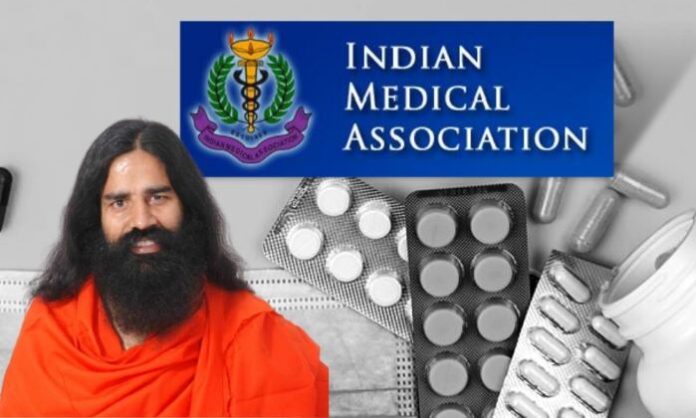New Delhi: In an important stride towards a more inclusive healthcare system, the Delhi High Court has given its nod to the Indian Medical Association (IMA) and Patanjali to step into a public interest litigation (PIL) advocating for integrated health services. The plea highlights the necessity for a holistic healthcare approach, encompassing Allopathy, Ayurveda, Yoga, Naturopathy, Unani, Sidda, and Homeopathy, aiming to secure the fundamental right to health for all citizens.
Acting Chief Justice Manmohan and Justice Manmeet Pritam Singh Arora have directed the Ministry of Health and Ayush to respond within four weeks. This move is in response to a petition filed by Advocate Ashwini Kumar Upadhyay, shedding light on the shortcomings of the existing healthcare system despite significant investments.
The petitioner presents a compelling argument, pointing out the gap between the number of registered allopathic doctors in India and the system’s failure to meet required standards and address the health needs of the population. Citing data from the Medical Council of India, the plea underscores a concerning doctor-to-population ratio of 1:1500.
While acknowledging the government’s efforts to integrate medicinal practices, the petitioner argues that these measures fall short. The call is for additional amendments not only to recognize but officially legalize the integrated medicinal approach.
At the heart of the plea is the belief that a holistic integrated medicinal approach holds particular promise for the financially deprived sections of the Indian population. This approach is seen as cost-effective, easily accessible, and capable of serving densely populated regions. Moreover, it is argued that such an approach could instill a sense of social responsibility among practitioners, contrasting with modern medicine’s practices.
With the court allowing IMA and Patanjali to intervene, the PIL raises crucial questions about the effectiveness and inclusivity of the current healthcare system in India. The anticipated hearing on May 13 is poised to illuminate the ongoing debate surrounding the integration of various medicinal practices into the mainstream healthcare system. The outcome of this legal intervention could potentially reshape the future of healthcare in India, steering it towards a more holistic and accessible approach to cater to the diverse health needs of the population. As the wheels of justice turn, a new era in healthcare may be on the horizon.


